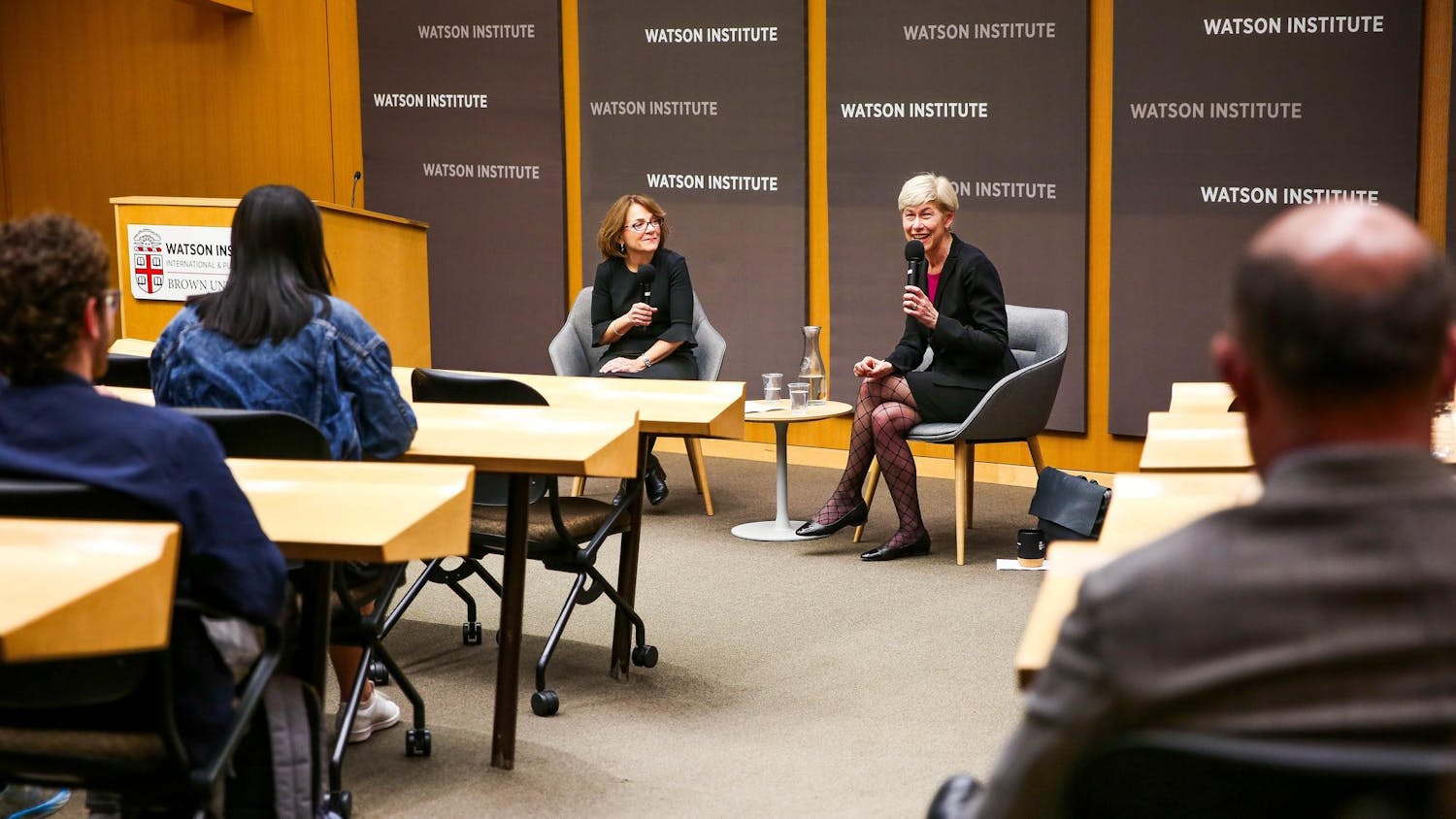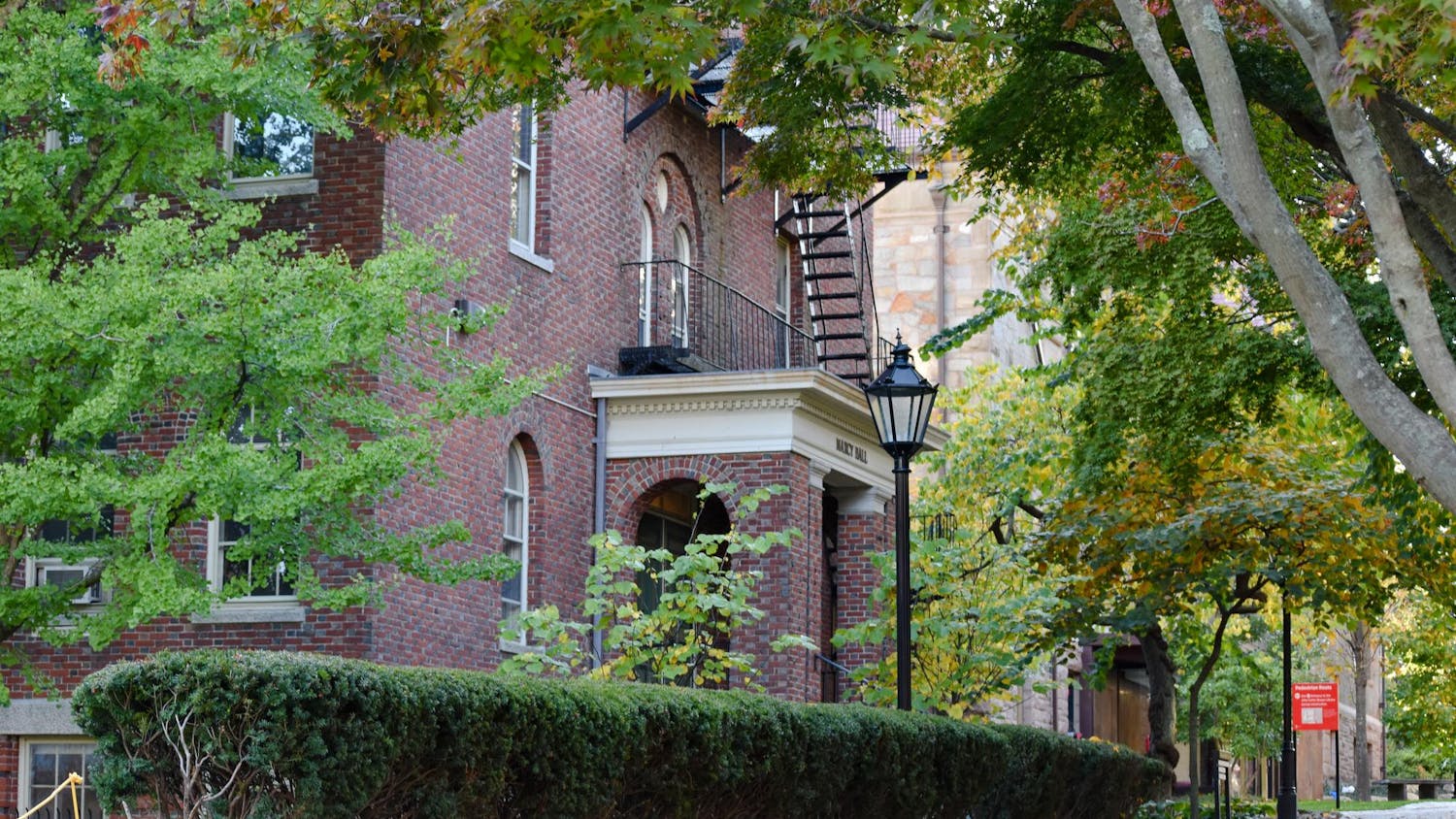Shopping period — already stressful for many — becomes all the more complicated when professors require overrides for courses that appear uncapped on Banner.
This semester, as in previous years, some professors placed registration restrictions on their classes after the preregistration period in November, preventing students from joining without receiving instructor approval.
Most of these registration restrictions were enacted when more students preregistered for a course than the professor expected, said University Registrar Michael Pesta.
"If the professor at the beginning of the semester finds out that the resources they have at their disposal aren't adequate — if they can only get so many TAs and can't handle any more students, the (College Curriculum Council) has said they can request to put a restriction on the course," he said.
Assistant Professor of Geological Sciences Meredith Hastings, who teaches GEOL1350: "Weather and Climate," said her class was supposed to have a limited enrollment during preregistration, but because of an administrative slip-up, Banner listed it as uncapped.
After preregistration period, Hastings noticed that more than 30 students had enrolled in her course, and she contacted the CCC and decided to enforce registration restrictions through Banner.
"The classroom I'm in didn't fit more than 30 students, and for some of the labs I wanted to do, there was only enough equipment for a certain number of students," Hastings said."Just from my experience in the department, that's the reason I hear most often that there is a cap."
Professor of Political Science Mark Blyth said he decided to place registration restrictions on his course, POLS1420: "Money and Power in the International Political Economy," when he realized his classroom could not accommodate the 118 students who had enrolled in his class on Banner.
Blyth received a larger classroom that could fit 110 students, and everyone who wanted to get into his course received a spot, he said.
But it was not just the space restrictions that forced Blyth to limit enrollment in his class. He also chose to place a cap on his course because the political science department could not provide enough teaching assistants to accommodate the number of students signed up for the course, he said.
Senior Lecturer in Education Luther Spoehr, who teaches EDUC1200: "History of American School Reform," faced similar problems this semester when his uncapped class attracted the interest of more students than expected.
"It regularly, every year, has an enrollment of 24 or 30 students, which meant that I was able to include a lot of discussion," Spoehr said. "So there are teaching techniques, pedagogical reasons, why numbers matter in a course like this."
When nearly 70 students attended Spoehr's first class this semester, he decided to enforce enrollment restrictions on Banner.
"My course is in a particularly difficult position," Spoehr said. "It's not a lecture course. (Having so many students) was fundamentally affecting the kind of course I was teaching."
Spoehr said about half a dozen students told him they decided not to take his course because they had expected a small, discussion-based class.
In order to provide his students with opportunities for discussion and more personal attention, he decided to split every Friday class into two sections that meet at different times.
Spoehr said he plans to put a cap on his course before preregistration next year, but said he thinks the issues affecting registration are highly complex and require attention from administrators, including the Registrar.
"I think there will be a lot more faculty asking for caps because the demand is both unpredictable, but generally growing,"he said.




